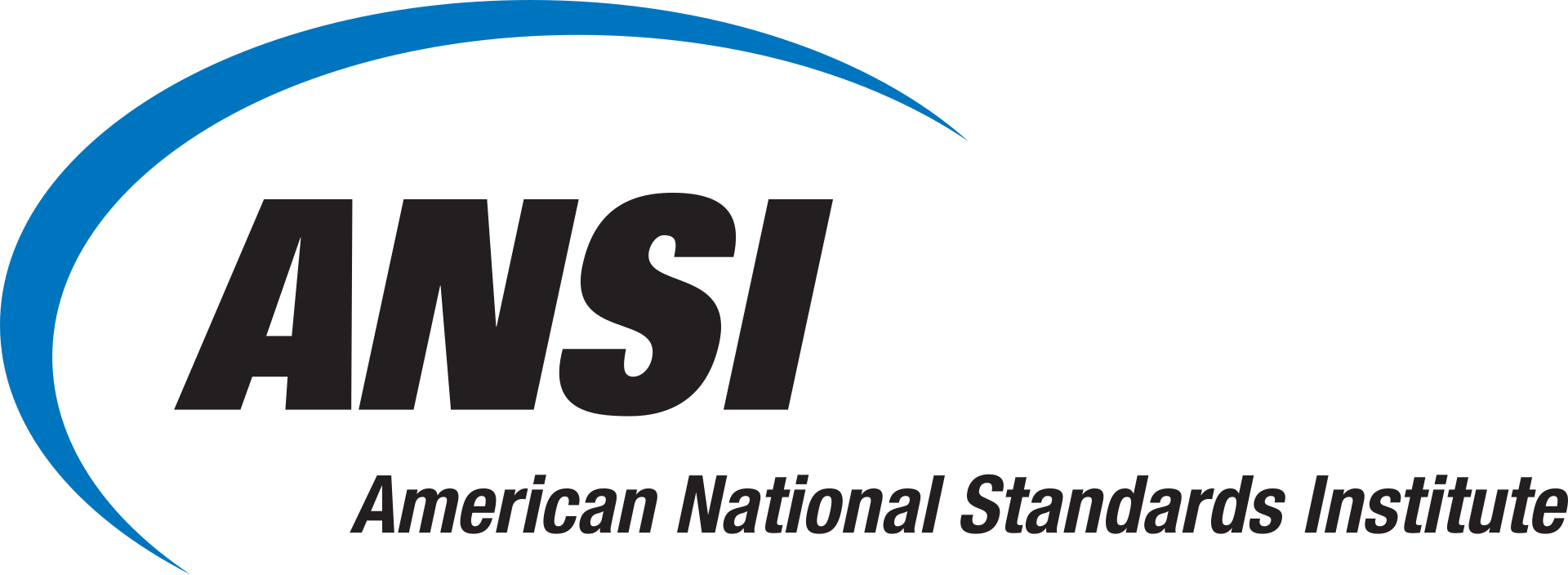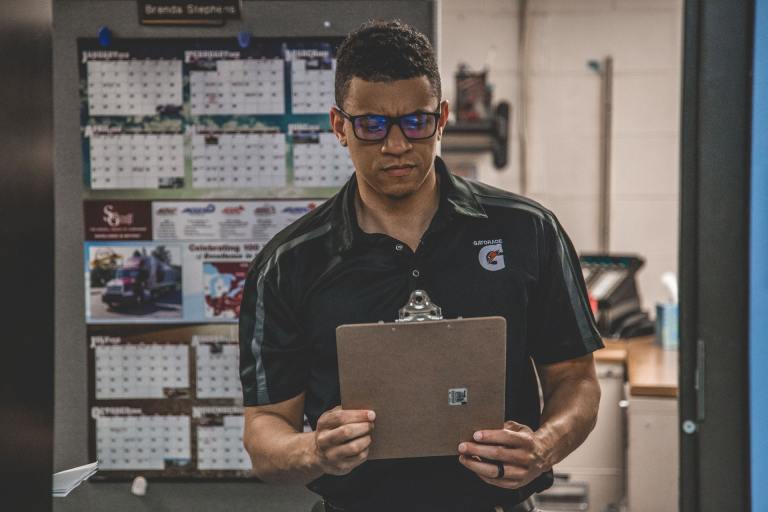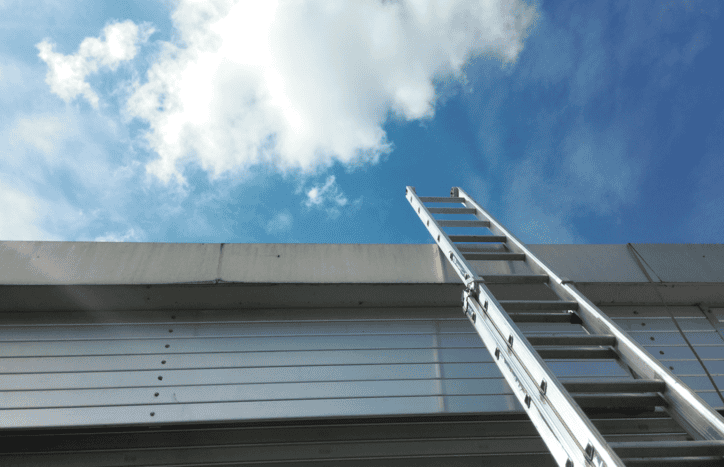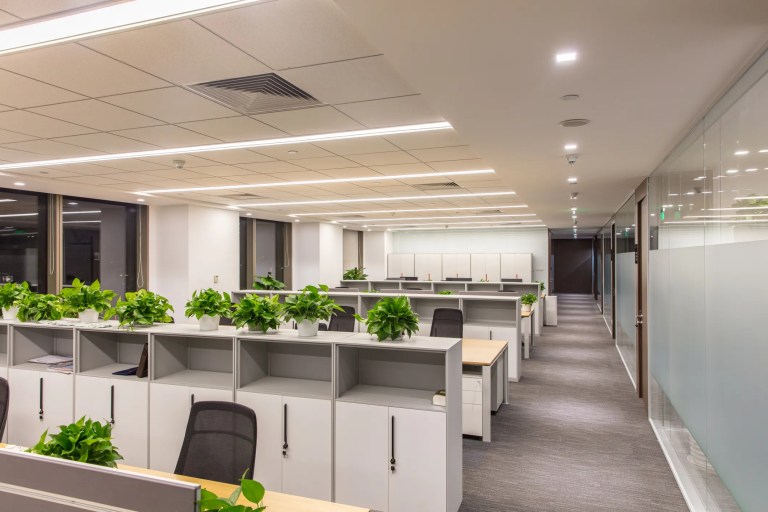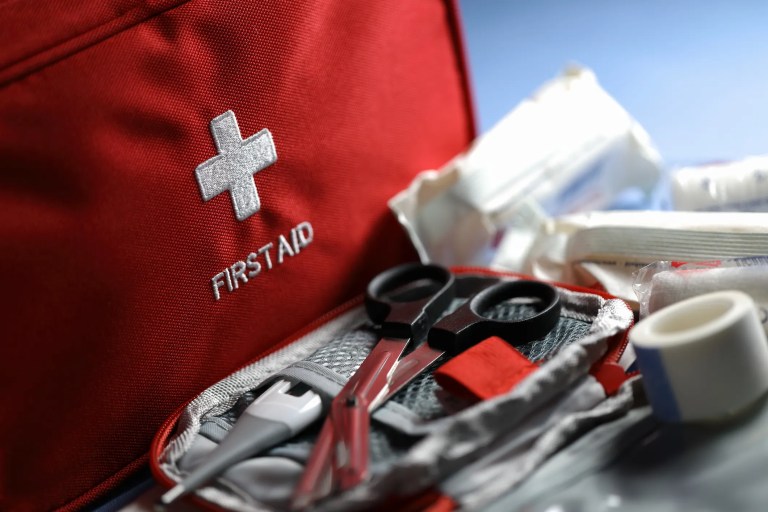The Evolution of Industry & What’s To Come For Industry 5.0

From the primitive tools of prehistory to the complex machinery of the modern age, industry has been the driving force behind economic growth, technological advancement, and societal transformation. As we stand on the cusp of a new era, Industry 5.0, it is imperative to reflect on the past, understand the present, and anticipate the future trajectory of industrial evolution.
A Journey Through Time: The Evolution of Industry
The journey of industry traces its roots back to long before the dawn of civilization, when human ancestors crafted rudimentary stone tools and learned to harness the power of fire. The agricultural revolution marked a significant milestone as communities transitioned from hunter-gatherer societies to settled agrarian civilizations, laying the foundation for specialized labor and the division of tasks.
The advent of the Industrial Revolution in the 18th century ushered in a new era of mechanization, characterized by the harnessing of steam power, the development of textile machinery, and the proliferation of factories. This transformative period not only revolutionized production processes but also spurred urbanization, mass migration, and the rise of capitalism.
The 20th century witnessed the proliferation of mass production techniques pioneered by visionaries such as Henry Ford, who introduced assembly line manufacturing, and Frederick Taylor, who championed scientific management principles. The mechanization of industry accelerated with advancements in electricity, telecommunications, and transportation, propelling economies into the age of globalization.
Industry 4.0: The Fourth Industrial Revolution
The turn of the 21st century heralded the dawn of Industry 4.0, marked by the convergence of digital technologies, automation, and data analytics. This paradigm shift, often referred to as the Fourth Industrial Revolution, brought about unprecedented levels of connectivity and efficiency, giving rise to concepts such as the Internet of Things (IoT), artificial intelligence (AI), and cyber-physical systems.
Industry 4.0 revolutionized manufacturing processes, enabling the creation of smart factories capable of autonomous operation, predictive maintenance, and real-time optimization. The proliferation of data-driven decision-making empowered businesses to enhance productivity, reduce waste, and customize products to meet individual consumer preferences.
Anticipating Industry 5.0: The Future of Manufacturing
As we stand on the brink of Industry 5.0, the next phase of industrial evolution promises to transcend the boundaries between humans and machines, fostering greater collaboration and synergy. Unlike its predecessors, Industry 5.0 emphasizes human-centric approaches to manufacturing, leveraging advanced technologies such as augmented reality (AR), collaborative robots (cobots), and biotechnology to enhance human capabilities and creativity.
Industry 5.0 envisions a future where humans and machines work in harmony, with each complementing the strengths of the other. This symbiotic relationship heralds a new era of personalized manufacturing, where mass customization becomes the norm, and products are tailored to suit the unique needs and preferences of individual consumers.
The evolution of industry is a testament to humanity’s innate drive for innovation and progress. From humble beginnings to the dawn of Industry 5.0, each phase of industrial evolution has brought about transformative change, shaping the course of history and redefining the way we live, work, and interact with the world around us. As society embarks on the journey towards Industry 5.0, it is essential to embrace the opportunities and challenges that lie ahead, forging a future that is both technologically advanced and inherently human-centric.
Contributing Author: Jeremy Wright, Director of Product Management, Advanced Technology Services
Jeremy Wright is Director of Product Management at Advanced Technology Services and is a recognized expert in the field of industrial machinery lubrication management and reliability. He is a proven technical educator and consultant, leading the development of consulting programs and methodologies for many of the world’s top manufacturing sites. Wright is also active in numerous professional organizations, including standards organizations, with the purpose of driving reliability to the forefront of many industries.
